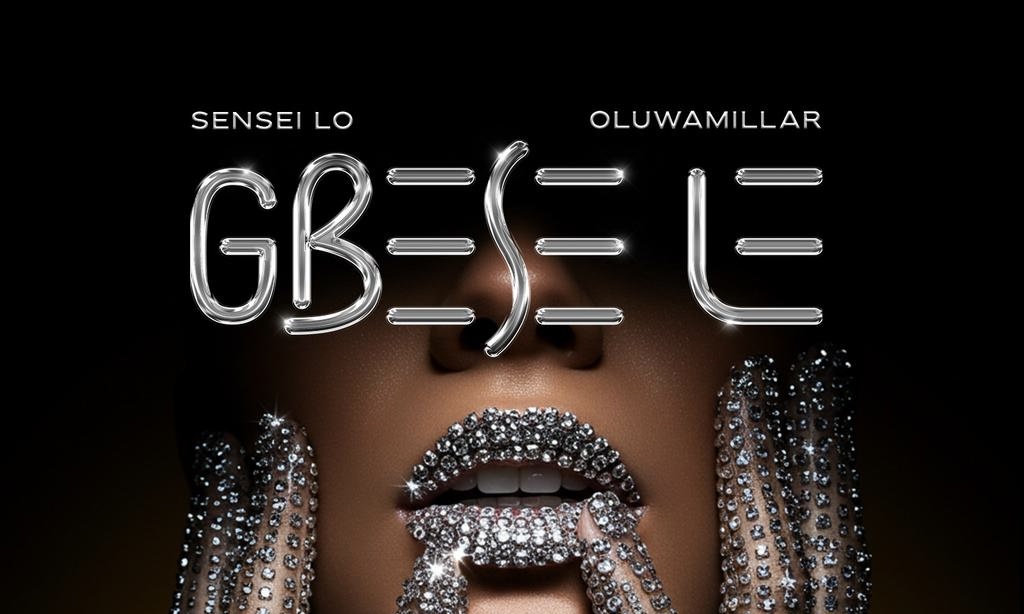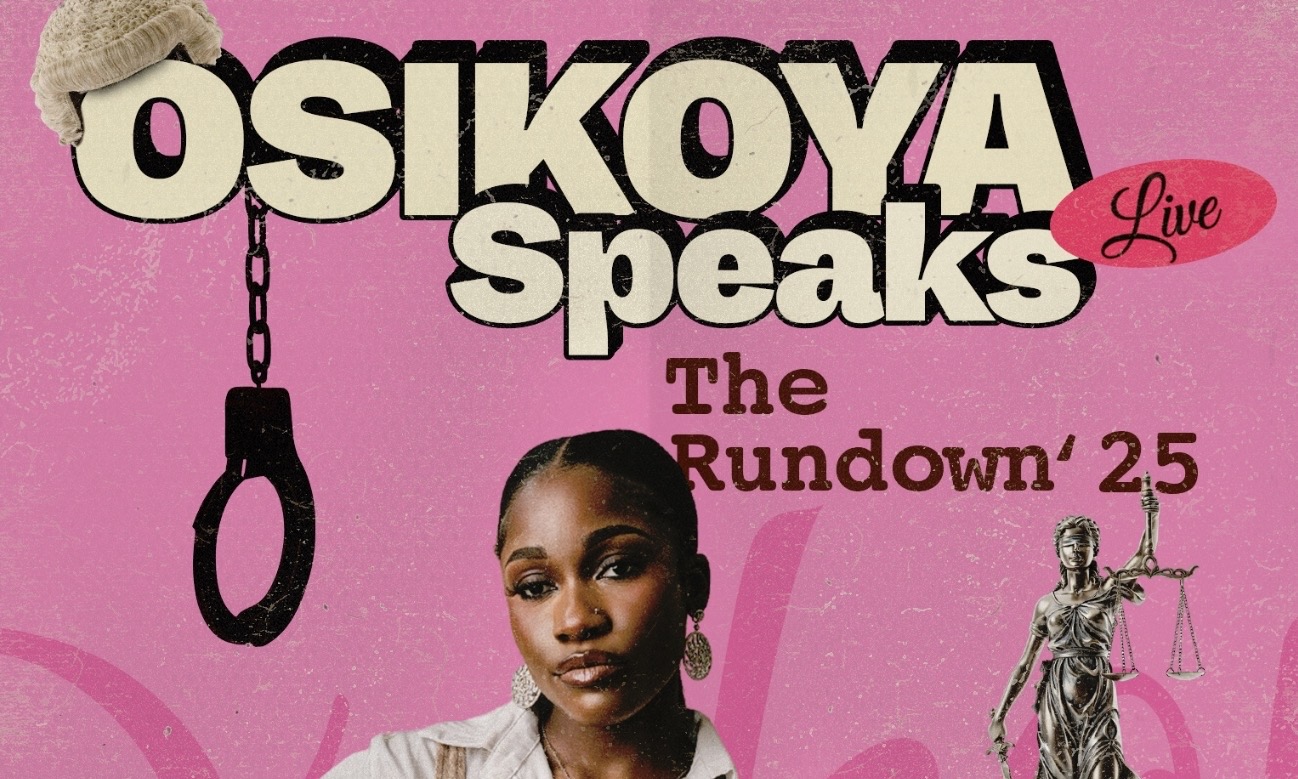It happened on the night of March 28, 2015. I remember the date with accuracy because it was the night of the Presidential election and I was chilling with my pops at a bar after spending the whole day in the voting queue. I voted for Buhari by the way, so yes I’m one of the people responsible for where Nigeria is at today. My sincerest apologies. In my defence I was only 18 at the time, I ain’t know no better. Anyways, while at the bar Small Doctor’s Mosquito song came on and at first I didn’t know how to feel about the song. Then a few seconds later I decided I hated the shit out of that song and never wanted to hear it again in my entire life. But the real shocker came when I looked around the bar and people were vibing to the song. Like seriously vibing, singing word for word. It didn’t make sense to me. How could anyone possibly like this absolute ear-rape that was playing? I could still live with people liking Tekno’s music (which I also very much hated at the time) but this? This seemed inexcusable!
I’ve spent the last 5 years trying to make sense out of the subjectivity of music (on and off, not like that’s the ONLY thing I’ve been doing. I have a life too, I promise.) Why what is thrash to me is a banger to the next person, and vice versa. I can’t claim to understand it completely because this music thing is truly spiritual but I get a lot of it now. The points I’m about to raise have become even more relevant now because we live in a world where people don’t give songs more than one spin before making up their minds. You really can’t blame anybody though. There are so many artistes rolling out so many tunes, it’s hard to keep up. If at the first listen you’re not impressed then it’s onto the next one. But what if I told you there are so many factors that determine how much you like that particular track, many of which operate at a subconscious level, that you’re not really in control of your preferences as much as you think? What if I told you you’re not an expert on what passes for good music, you’re just a slave to your past and your emotions?
That got your attention didn’t it? Lol, good. Now let’s delve into details.
PERSONALITY
The Bible says show me the music you listen to and I’ll tell you who you are. Okay it doesn’t say that but it’d be very accurate if it did. That’s because personality has a big part to play in your music taste. Of all the many personality traits that influence music preference, extroversion is probably the most obvious one, it’s the one I’ll focus on anyway.
For those perceptive enough, you can often guess a person’s personality by going through their music player. The number of songs already tells you something; extroverts tend to listen to more music and will have a larger collection of songs than introverts. A closer look at the genre of songs in their stockpile and you’ll know more about them. Extroverts prefer more upbeat, happy, cheerful type of sounds, conventional music generally. So you’ll likely find more of rap, pop, afrobeats and rock type of jams. And it makes sense if you think about it. Extroverts are energetic and these kind of sounds gives them the excuse to move and dance. On the flip side of this analysis are the introverts, who will prefer to listen to slower and more calmer sounds, like blues for example, because they don’t feel the need to move as much.
Extroverts also have the tendency to want music in the background more often than not. Such a person will have music playing while jogging, washing plates, maybe even reading. It helps make such tasks less monotonous for them.
UPBRINGING/CHILDHOOD EXPERIENCE
You’ve heard of the whole tabula rasa theory, yeah? The idea that the mind comes into this world as a “blank slate” and is only shaped by the surrounding influences. Whether you consider it to be true or not, it does explain a lot of how the soundtrack of our childhood shapes our preferences.
I’ll use myself as an example. Growing up, my parents didn’t listen to music much but my uncles were a different story. Thanks to them I grew up on R. Kelly, Sean Paul and 50 Cent. Upbeat, fast paced, foreign music generally. It was all I heard most of the time and my infant mind accepted it as the truest form of music and categorized everything else as thrash. Which is why when my said uncles gave their lives to Christ and tried to put me on some Baba Ara kinda vibes I rejected that shit like it was poison, blocked my mind to it on some back to sender kinda mood. They already corrupted my mind with the likes of “Candy Shop” and I wasn’t having anything that didn’t sound like that. It also meant I didn’t listen to much Nigerian music for a very significant part of my life.
Relate my experience to yours and you’ll see some truth to that. Of course as you grow up and become less single-minded and more exposed you’ll develop likeness for other types of music. But what you listened to in your formative years will likely remain in the core of your musical preferences.
The aforementioned factors – personality and childhood preference – are what I like to call the permanent determinants of music preference, i.e they form the basis of what you like and hate. But then change is the only constant thing and there are certain “temporary factors” that can cause a shift in your preference (transient interest in Fuji music for example) from time to time. Not bored yet, I hope? Great, let’s dive right into those.
PERCEPTION OF THE ARTISTE
This is as straightforward as it gets; if you like the person of the artiste, whatever he puts out is more likely to sound like magic to your ears and if you dislike the artiste, well he/she will have to put out something extraordinary to impress you (that’s if you even download/stream the song at all.) Which is why you can’t trust the opinions of stans or anti-stans.
MOOD
If there’s anything that can cause wild swings in music taste, it’s definitely mood. Often times when you go from enjoying a particular song to not being able to stand it, your mood most likely changed over that particular time period. And it makes sense because most people want to listen to songs that match how they feel on the inside. When you’re feeling happy and excited you’re more likely to desire uptempo beats like rap and afrobeats as such sounds can help you express that mood more accurately. The same applies for moments when you’re feeling sad and low; slow RnB and blues music will be easier for you to make a connection with. Imagine listening to some Adele heartbreak tunes after you just got a promotion? Wouldn’t make much sense to you at that point would it?
In a slight twist to the above, music preference and mood might also have another connection; the use of music to alter mood. For example, you might have been feeling down for some days now and having indulged your lows with sad music you might say to yourself “hey, you don try, enough is enough, time to snap out of it?” At this point in time, even though you’re feeling sad you might find yourself desiring upbeat music to help you alter your mood to a more happy vibe.
So maybe you don’t hate that song you think you do…maybe you’re just not in the mood to hear it?
EMOTIONAL CONNECTION
The more emotional experiences you attach to a song, the stronger your reaction to it and the higher up on your list of favourites that song climbs.
The emotional connection might be to the lyrics, for example, “Come Back To Me” is possibly my best ever Tory Lanez song (even though it probably won’t get mentioned by music critics when listing the best of his discography) simply because I heard the song at a time when I so badly wanted an ex back, sentiments that were expressed in the lyrics of the song. The emotional connection might also be to the some or all of the instrumental; it may remind you of some particular moment in your past. You may also have a strong emotional experience attached to the song, eg the song played in the background when you had your first kiss or when you finally beat the guy that had been thrashing you on FIFA.
Point is, consciously or unconsciously, emotional connection heightens our music listening experience and makes songs sound a lot better in our heads.
PEER PRESSURE
The biggest illusion any man can have is that he has a mind of his own. No one really does, our minds are shaped by the so many things around us and a major part of it is the friends we move with. Your music taste will definitely undergo some modification in a bid to fit in better. If you’re in a group of friends that listen heavily to grime, for example, it won’t be too long before you pick up interest in that subgenre. Heck, I wasn’t really into Nigerian music till I got recruited to the 49th street team. It is what it is.
ACT OF GOD
For all the indepth analysis I tried to offer, sometimes there’s really no explanation, a song just hits the spot and that’s that. Like that one time I inexplicably fell in love with Assignment by DJ Consequence X Olamide. I didn’t understand it, I questioned my own sanity all through that time period (because it’s usually the type of song I hate) and yet the fact couldn’t be denied; I was in love with the song. Eventually I gave up on resisting and went on to cram every line of the song. Act of God? Has to be. Or how else can you explain this roommate of mine who swore he only listened to gospel music blasting off Desiigner’s “Panda” from his phone speaker for several hours nonstop?
Okay, so to summarize this epistle, the whole point I’m trying to make is that there’s really no good or bad music, and even if there is, no one really has the right to authoritatively proclaim themselves the judge of what’s good and what’s bad. Our music listening experience is shaped by so many factors that we’re no more than passengers on a ship, rather than the captains we think of ourselves as. So just keep enjoying what works for you and waste less energy into questioning and judging the next man’s taste, ehn?





